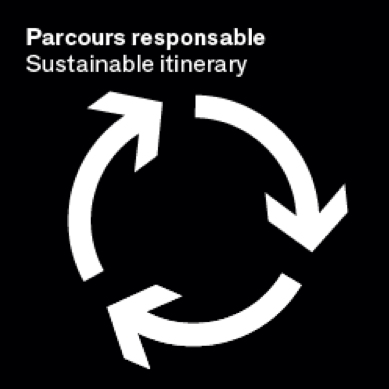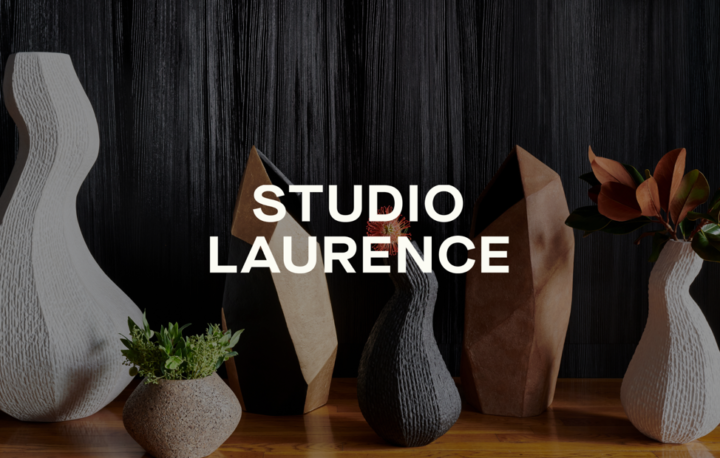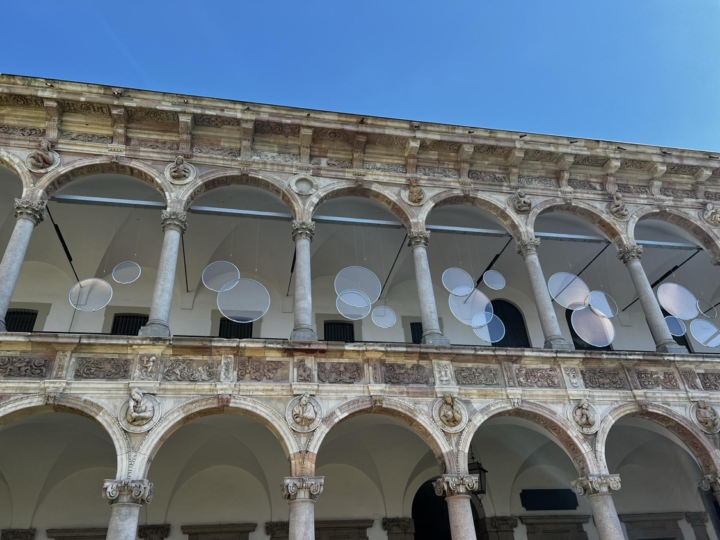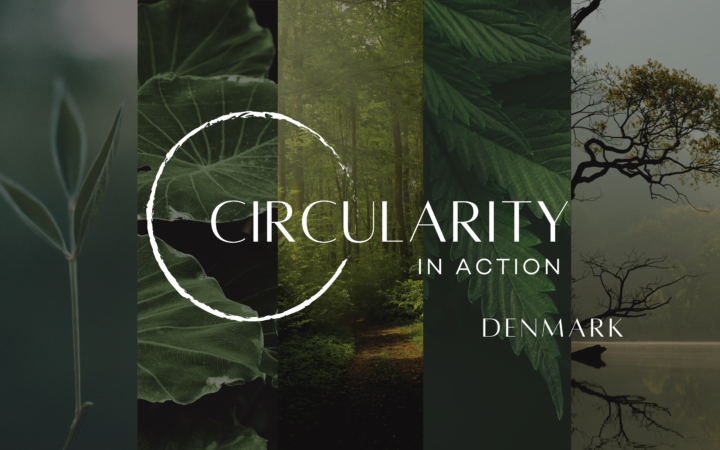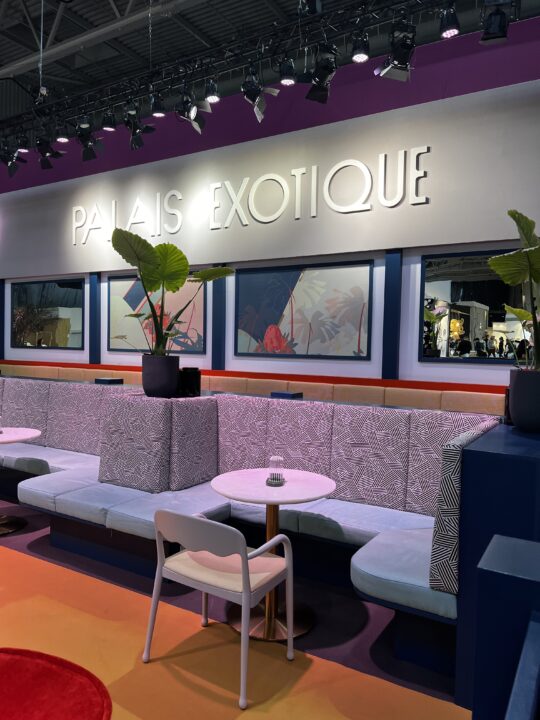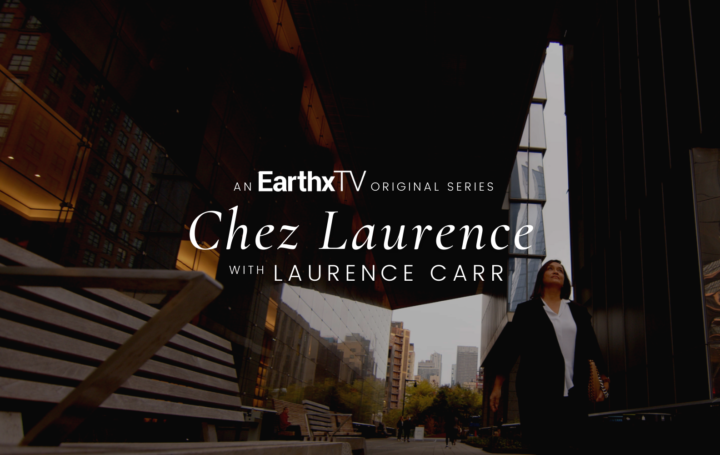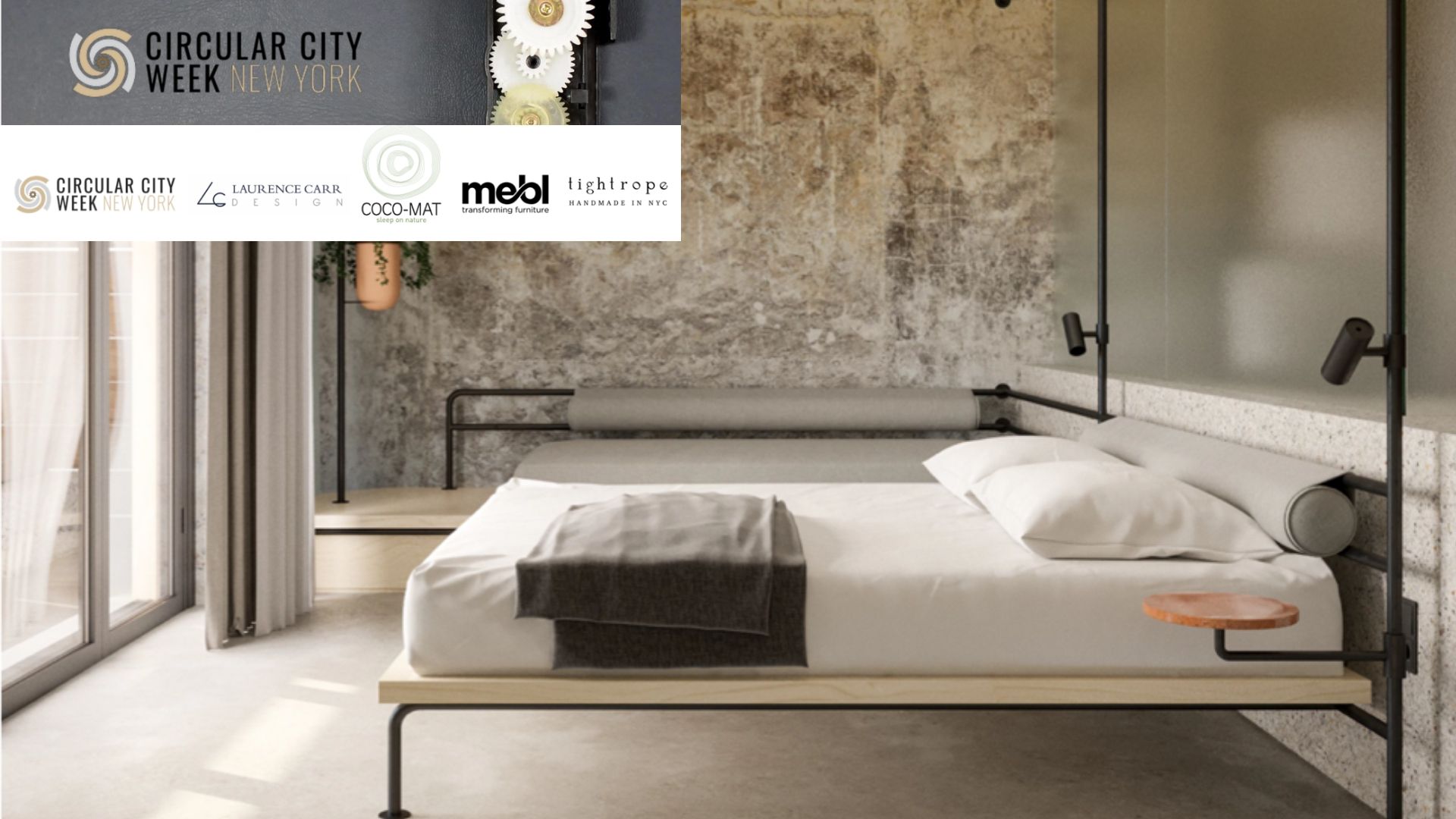
We can no longer deny or ignore the fact that our planet is under siege, and that we have played a part in its demise. Climate change has been on our radar for decades, but the impacts it carries are far more broad ranging and drastic than scientists and experts initially foresaw.
As we discover firsthand how profoundly intertwined the choices we make today are with the health of our planet and of ourselves tomorrow, we are making wiser choices. We are educating ourselves on just how toxic and wasteful some of our systems, products, and purchases have been, and we are vowing to “vote” with our dollars in support of individuals, businesses, and services that promote sustainable, eco-friendly, and eco-forward practices.

Fortunately, our tendency to extract, consume, and toss is also being tossed–it is being reimagined. Innovators on all fronts are envisioning solutions in the form of the circular economy. Bottom line: In a circular economy, through better sourcing and production methods (often, using recycled or upcycled materials), we can attain zero waste in the creation of consumer products.
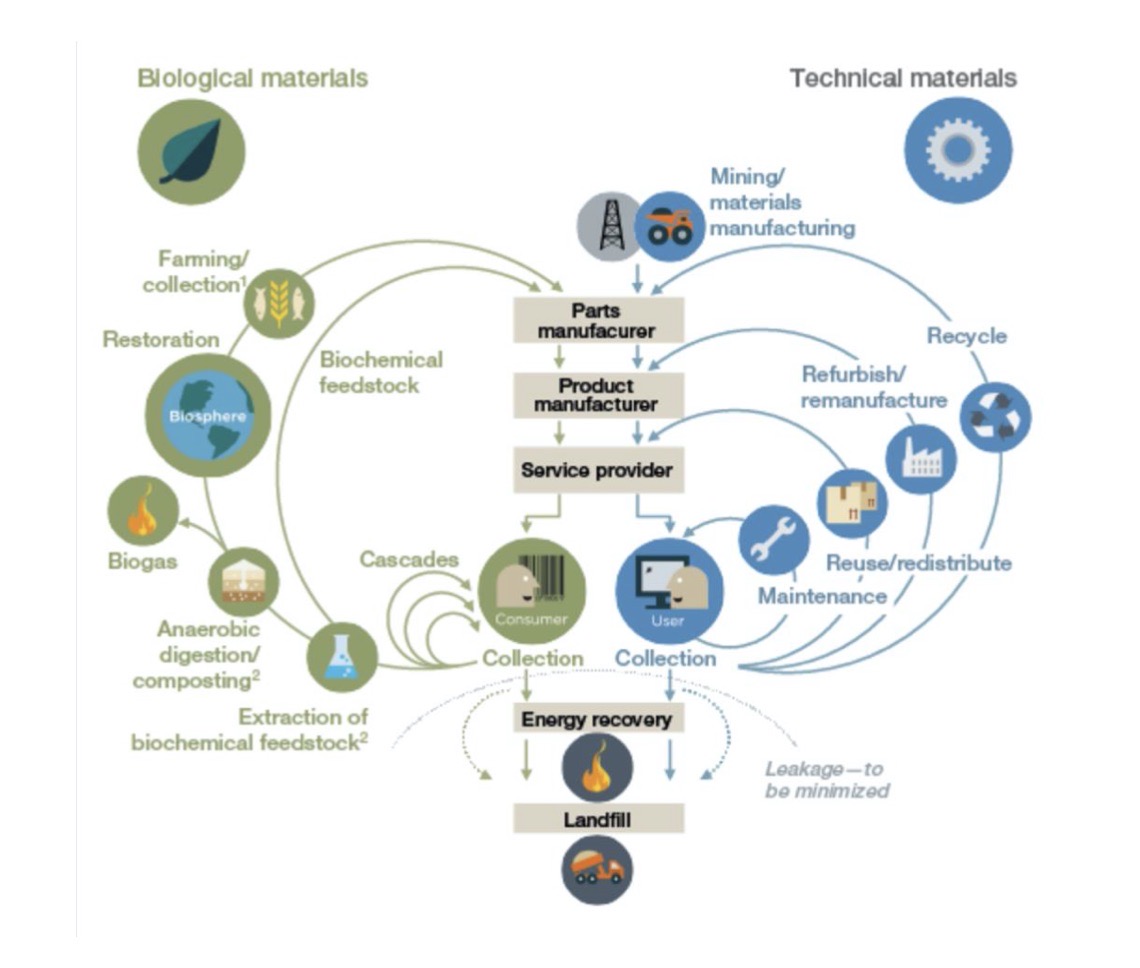
Circular City Week New York 2020 hosted 40-plus online events. We at Laurence Carr Design are proud to be a publicity partner and panel host at this festival, which strongly aligns with our focus on zero waste and eco-responsible design. On Tuesday, June 16th, I co-hosted and moderated, along with John Colligan, the National Manager of Coco-Mat US, a panel discussion “Circular Furniture and Materials and Transportation Practices in the Design Environment.” We spoke about practices, challenges, and hopes with the following panelists.

Coco-Mat is a terrific circular furniture business model: it uses exclusively natural and upcycled materials, and its mattress and bedding products have earned an impressive list of environmental certifications from OEKO-Tex, The Wool Mark, R.D.S. (Responsible Down Standard), G.O.T.S. (Global Organic Textile Standard), and F.S.C. (Forest Stewardship Council).
Mike Newman is CEO of the reusable shipping company Returnity, which was named the 2nd Place Winner in the Circular Economy Track of the OceanPlastic Innovation Challenge and just officially joined the XRC Labs accelerator program.
Victoria Young is Co-founder of Tightrope, a Brooklyn-based furniture, lighting, and homewares company specializing in hand-crafted goods made entirely with sustainable materials and eco-friendly production techniques.
Michael Hirschborn is CEO of mebl | Transforming Furniture, a social enterprise that is passionate about expanding the marketplace for beautiful furniture handcrafted from reclaimed wood and metal.
In the circular economy, first, all of a product’s components are strictly analyzed and categorized, labelled as either consumable (biological) or durable (metal or plastic). Second, waste is “designed out,” which means products are made with disassembly and reuse of parts prioritized. Third, the energy required to fuel the circular cycle must be renewable, so wind, water, and solar power are leveraged.
A common understanding amongst participants in this circular economy panel was that we do not need to trade beauty and aesthetics with environmental responsibility. Using reclaimed material is no longer solely about, as Michael puts it, “Using barn boards and a few pipes in a cool coffee shop.” Creating elegant upcycled heirlooms that last thirty to fifty years is one of his company’s goals.
The artisans Michael works with turn junkyard cars, salvaged wine barrels, and discarded beams from nightclubs into unique and stunning pieces of furniture. Out of Burkina Faso, where thousands of used oil barrels mar the landscape, Michael has partnered with celebrated artist Hamed Outattara, bringing his incredible pieces, such as this Indigola Console, to more eyes and homes.
This mebl/Iannone Design Re-wreck Sideboard, made of salvaged auto metal and reclaimed chestnut, is a conversation piece in any home or office space.
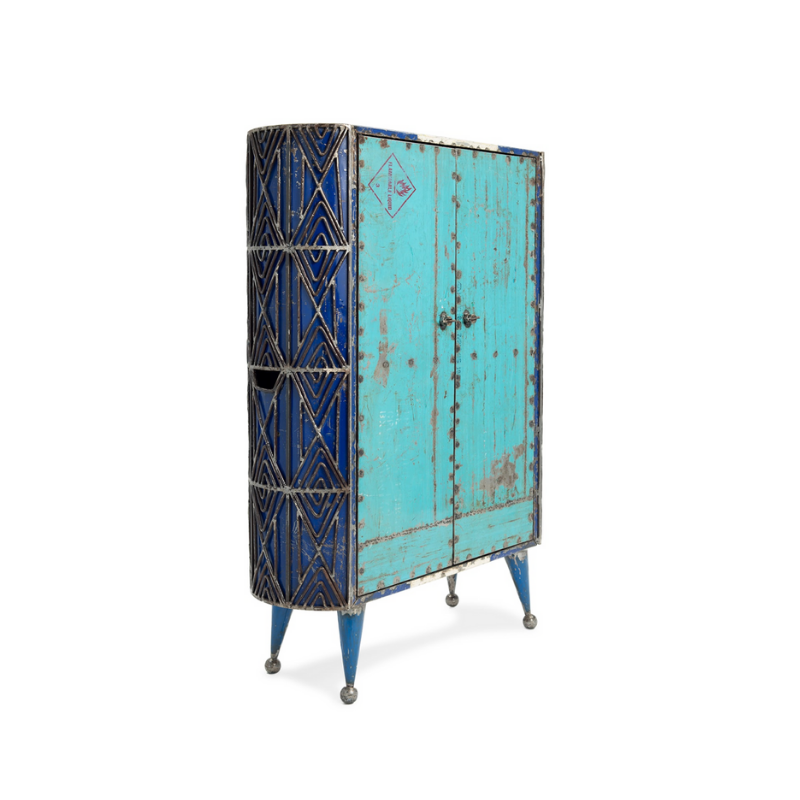
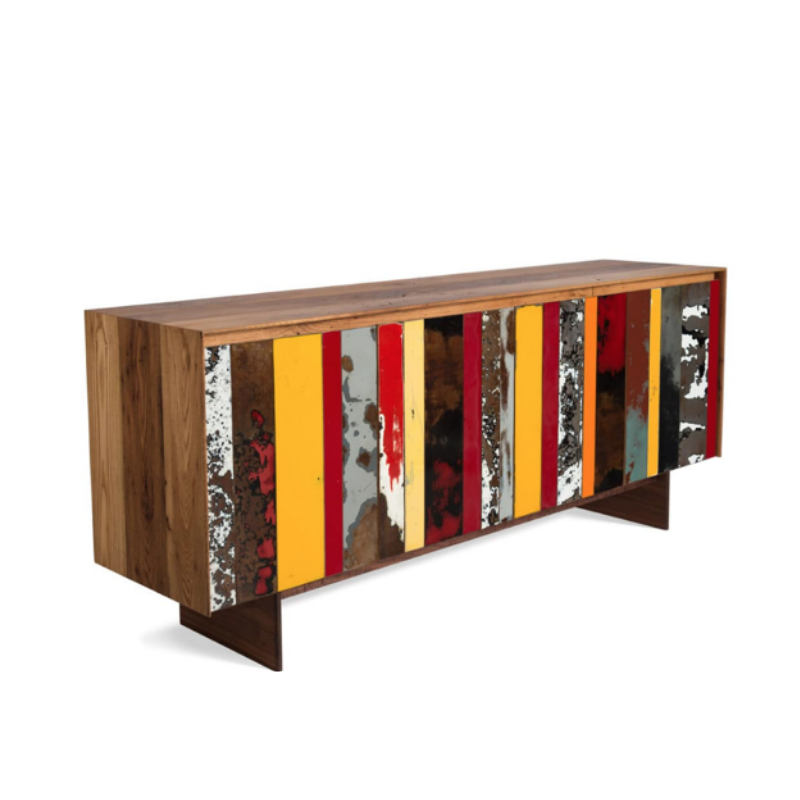
Victoria Young manufactures all of her furniture, lighting, and small objects on site, using circular economy best practices to ensure the health and wellbeing of people and the planet. She sources sustainable materials locally, preferring domestic woods such as maple, walnut, oak, and cedar over more endangered exotics that also entail carbon-heavy transporting. Cleaning up any waste–such as sawdust, a carcinogen–on site is standard operating procedure at Tightrope. Victoria and her employees work only with eco-friendly finishes and adhesives that will not continue to off-gas down the line, in the consumer’s home, as many traditional products do.
“We make the right choices and educate clients on why we are making these choices,” she says. One of her company’s goals in the local community is to “lift each other up.”
20% of proceeds from Tightrope’s Feed the Frontlines products, such as the limited edition Braga blue stoneware mug, are donated to Sons of Thunder’s Feed the Frontlines program, which provides free meals to NYC first responders. And certainly, the furniture and lighting Tightrope creates lifts up the mood of any space, immediately.
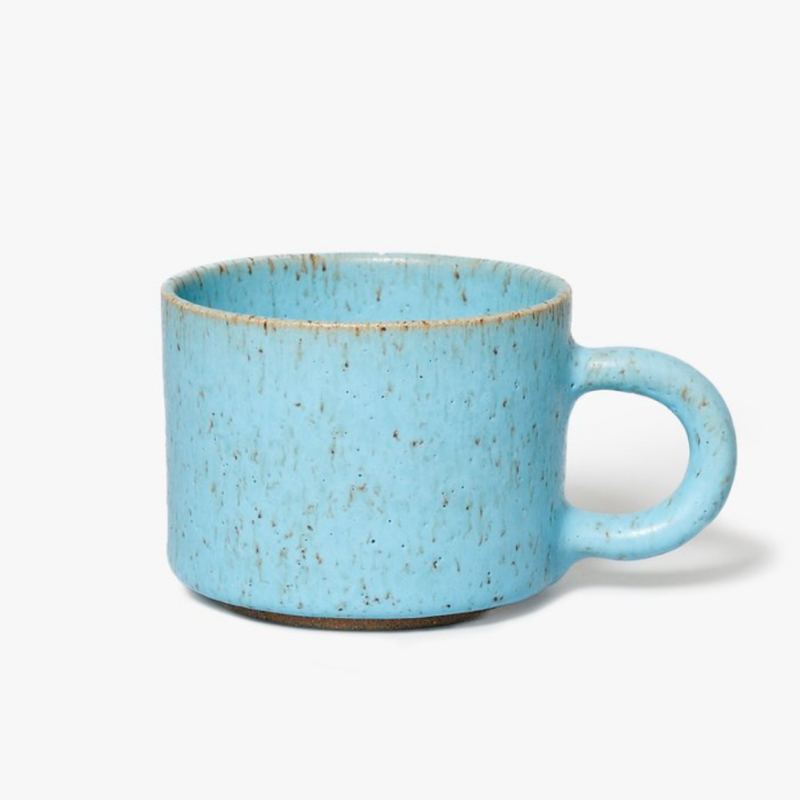
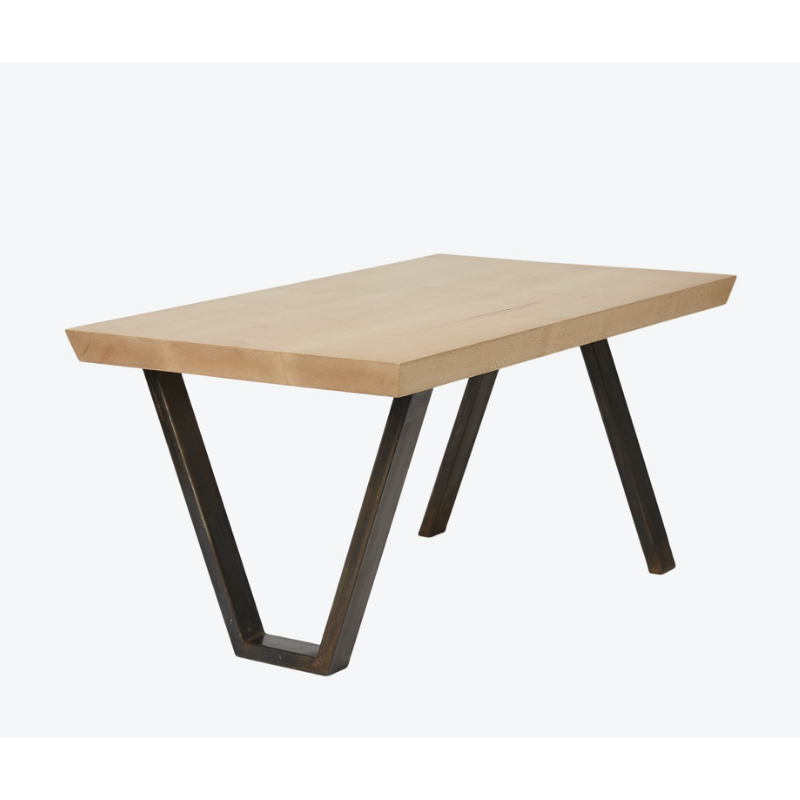
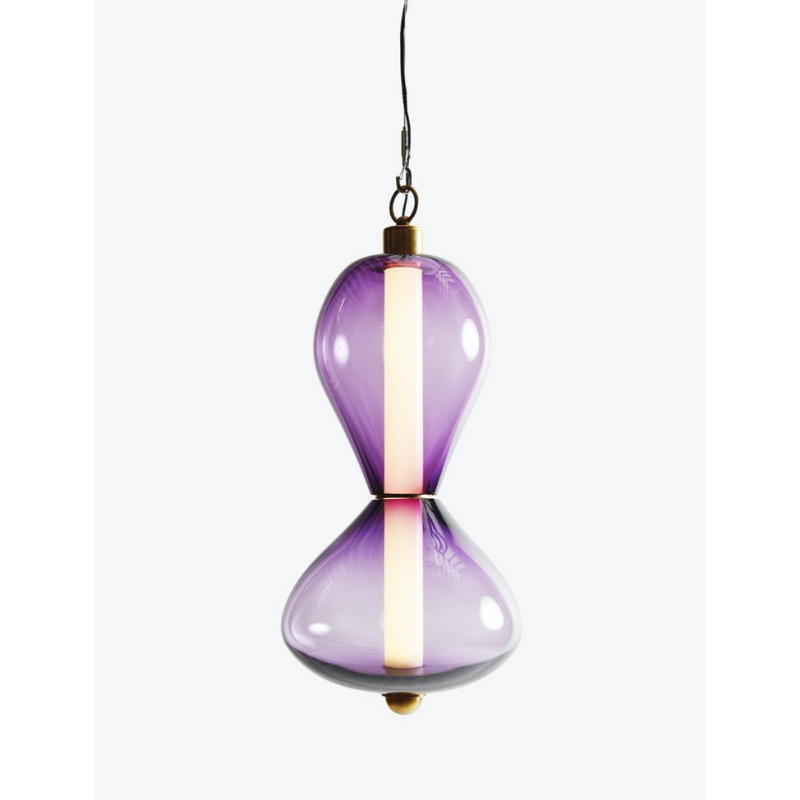
But what about the shipping then, of such beautifully crafted unique pieces? Both Michael and Victoria spoke of their companies’ excellent track records when it comes to sourcing, manufacturing, and recycling. But both admit that reducing packaging waste and the carbon footprint associated with delivering goods are challenges they are still working on.
This is where Mike Newman and Returnity come to the rescue.
Mike has learned that it is the entire shipping system that needs rethinking first, and then the packaging and logistics. “We tend to think we’ll design this box or bag and figure out how to use it,” he says, “But no.” He notes that even if a designer invents the most eco-friendly packaging in the world, if the consumer throws it all in a landfill in the end, the process has failed, it is not in line with the circular economy companies like his are attempting to establish.
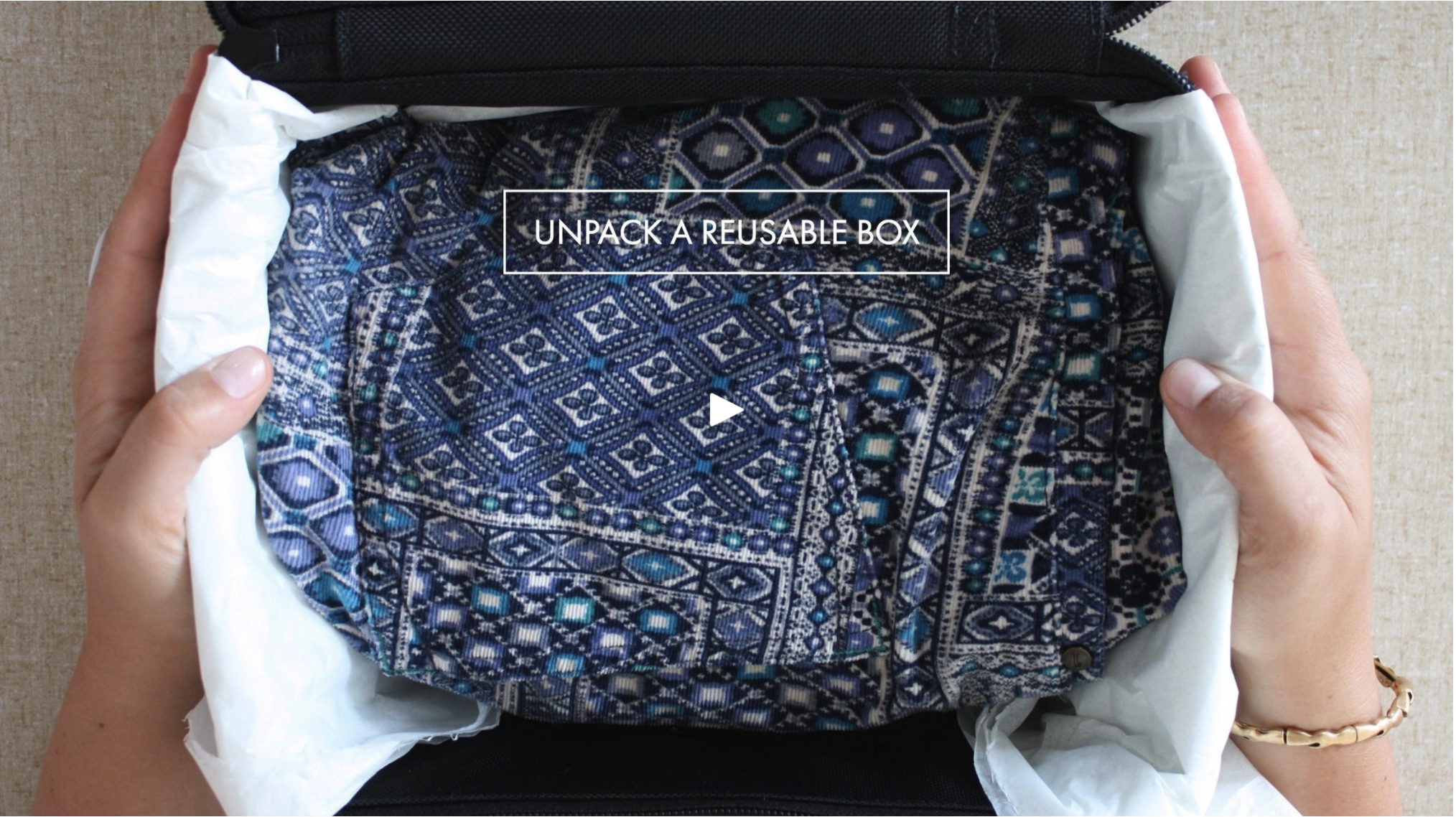
Returnity’s mission is to build packaging that fits reality, is scalable, and speaks to the consumer in a way that encourages them to participate in the circular economy. Waste has traditionally been what Mike calls “an afterthought” and a “write off” for many companies. His recycled plastic corrugated padding and polyfabric sofa bags protect contents to minimize damage (another form of waste), and they are low cost, efficient, and environmentally responsible.
Recent personally experienced changes in systems around the world are an opportunity, all on this Circular City panel agreed, to radically shift gears in mindset and behavior. Resources and opportunities abound for those who want to reduce waste, upcycle and recycle, and contribute to a healthier environment and healthier home. The Healthy Material Labs at Parsons School of Design offers an online class that leads to certification. The Sustainable Furnishings Council offers GreenLeaders Certified Sustainability Training, and the International Living Future Institute has dozens of courses and accreditations. Discover more here on LEED and other certifications.
Where are you in the transition and adoption of circular economy and healthy interior practices with your business?If you are looking for inspiration on how to introduce circular economy elements into your space, schedule a consultation with us here, at Laurence Carr Design. We have been engaging with local and global frontrunners in sustainable practices and would love to introduce you to some incredible designs.
